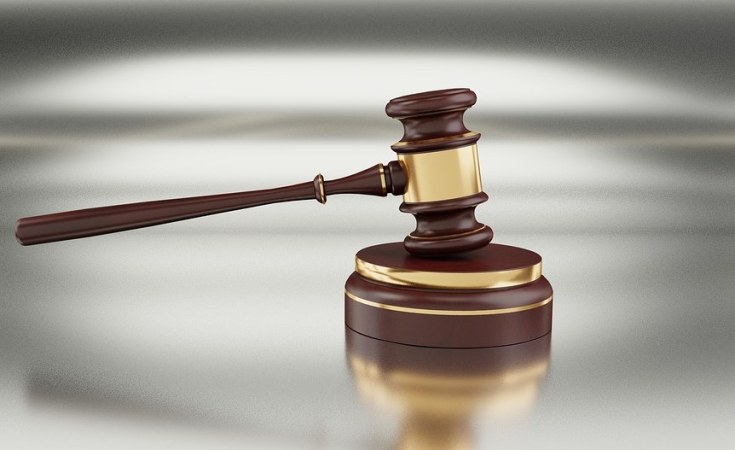Nairobi — For the third time in his career, Kenya's main opposition leader Raila Odinga is challenging presidential election results at the country's Supreme Court.
Some critics are mocking the former prime minister for again refusing to accept defeat. But legal experts say Odinga's petitions have improved the integrity of Kenya's elections and the stability of its democracy.
On social media, the images of 77-year-old Odinga carrying stacks of his petition challenging the outcome of Kenya's August 9 presidential election to the Supreme Court has gotten mixed reactions.
Paul Mwangi, Odinga's lawyer, has participated in all his presidential election petitions.
"Those who keep criticizing the fact that Raila files petitions are the people who would want to commit wrongs and hope that there is no accountability for them. What they want to do is create an atmosphere of impunity where they are never held to account," Mwangi said.
The quest for electoral fairness in Kenya started three decades ago, following the country's first multiparty presidential election in 1992.
The late Kenneth Matiba and Mwai Kibaki challenged the elections of President Daniel Moi in 1992 and 1997.
Herman Manyaro, a professor of political science at the University of Nairobi, said the petitions have helped entrench democracy in Kenya.
"Any of these things must be seen within the context of the struggle for democracy, human rights and the overall good of the country. The little gains we have made over the years have been from things of that nature. So, when Matiba goes to court, Kibaki goes to court, you are trying to enhance and extend the frontiers of democracy," Manyaro said.
After upholding the election of Uhuru Kenyatta in 2013, the Kenyan Supreme Court made history in 2017 by being the first court in Africa to nullify the election of a sitting president, after Odinga filed a petition in that case.
The court cited election irregularities and ordered a new vote, which had been won by incumbent President Kenyatta.
Now, after a narrow loss in this year's election, Odinga is back at the Supreme Court for the third time in a row.
Mwangi, Odinga's lawyer, said, "The biggest thing we would want the court to do is go back to exactly what it did last time and tell them, 'We told you to change so that you can deliver a credible election; you did not change. Yet again, you have failed to deliver a credible election, so we are going to do the same thing we did last time, which is that we are going to annul that election.'"
Professor Manyora said challenging the system has long-term benefits.
"If you go to court, whether you lose the case or not, at the end of it all, there's something democracy would have gained. There's something the country would have gained. And this is how we must see the struggle of one Raila Amolo Odinga," Manyora said.
The 2022 presidential petition at the Supreme Court marks yet another critical chapter in Kenya's history of poll petitions. Analysts say regardless of the court's decision, Kenyans are the winners in the long run.


